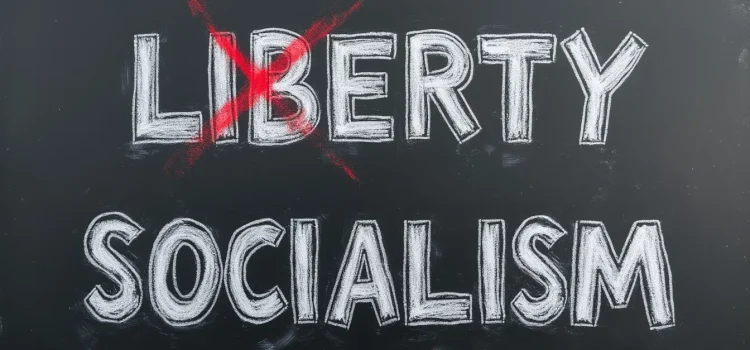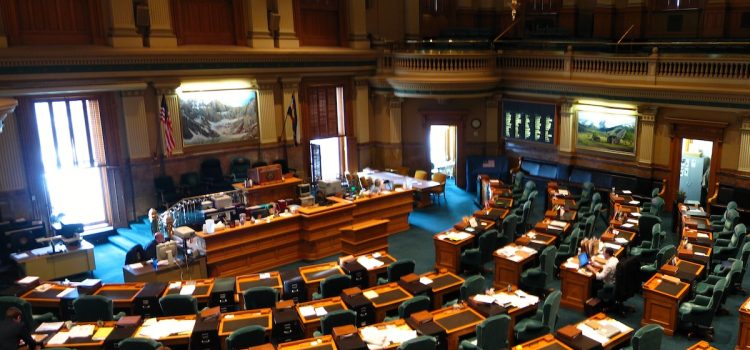What led Germany from a nation of individuals to a society that prioritized collective goals above all else? How did World War I and its aftermath shape the political landscape that enabled the rise of Nazism? In The Road to Serfdom, Friedrich Hayek examines how Germany’s transformation from individualism to collectivism paved the way for authoritarian rule. His analysis reveals how Prussian militarism, Marxist ideology, and post-war nationalism created the perfect conditions for Nazi power to take hold. Keep reading to discover the historical threads that wove together to create one of history’s darkest chapters.
The Rise of Nazism: Hayek’s Analysis of German Authoritarianism










